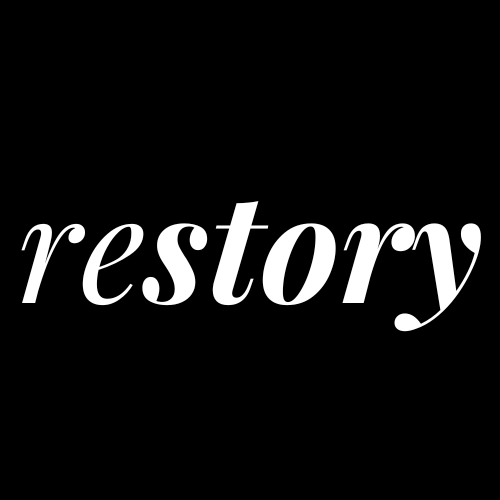It’s happened to me so many times, I have a feeling it’s universal.
Like when a makeup expert told me what kind of skin tone I had, and I believed it for YEARS only to find out she was wrong. Or when a friend tells a story to me only to find out it’s wrong, or at least not quite accurate. Yet I spend years believing it, tempering the way I view another. Or the time a friend-at-the-time told me of a conspiracy against her, only to find out later it had been partially fabricated, and those who had issues with her were entirely (scarily) valid.
There is power in the first story. We tend to believe that first story as gospel, then filter everything through that story.
But we shouldn’t.
If we want to be mature believers, we need to exercise our discernment muscle. When folks tell us something, we should be quiet, listen, then weigh the information. We shouldn’t immediately take our friend’s side, berating the other “awful” person. My husband and I have learned this lesson over the years as we’ve counseled married couples. I’ll hear the wife’s story and immediately form an impression of the husband. My husband will hear the husband’s story and immediately form an impression of the wife. But when we’re all together and the words fly, everyone’s perceptions are wonky, and the truth lies somewhere between both people’s stories.
Many years ago, a woman told me awful, awful things about someone else. And I let them deter me from friendship for a time. But God messed with me and told me to pursue that friendship. Although I did see that my first friend’s words were often true, they were distorted. The woman didn’t maliciously act the way she did; she lived in a very difficult situation and was doing what she knew how to cope. If I had let the first story have the most power, I wouldn’t have had the opportunity to speak into the second woman’s life.
Here’s the truth: We like to be right, especially about our opinions of other people. We like to be right, while they are wrong. And we like to peddle our case against someone else to prove our point. We may have only half the story. And when we peddle destructive stories, we mar the potential of others to have meaningful relationships.
I’m not speaking here of wolves who parade around as sheep. We must warn about that. We have a moral obligation to protect others from predators. But we don’t have a moral obligation to spread our stories because we want to be right, to appear to be the wronged one.
I write this solely to myself. I am guilty. I believe the first story far too often. I’m learning to be quieter, to take it to God, to sift and weigh. And to pursue as God leads. What about you?

0 Comments